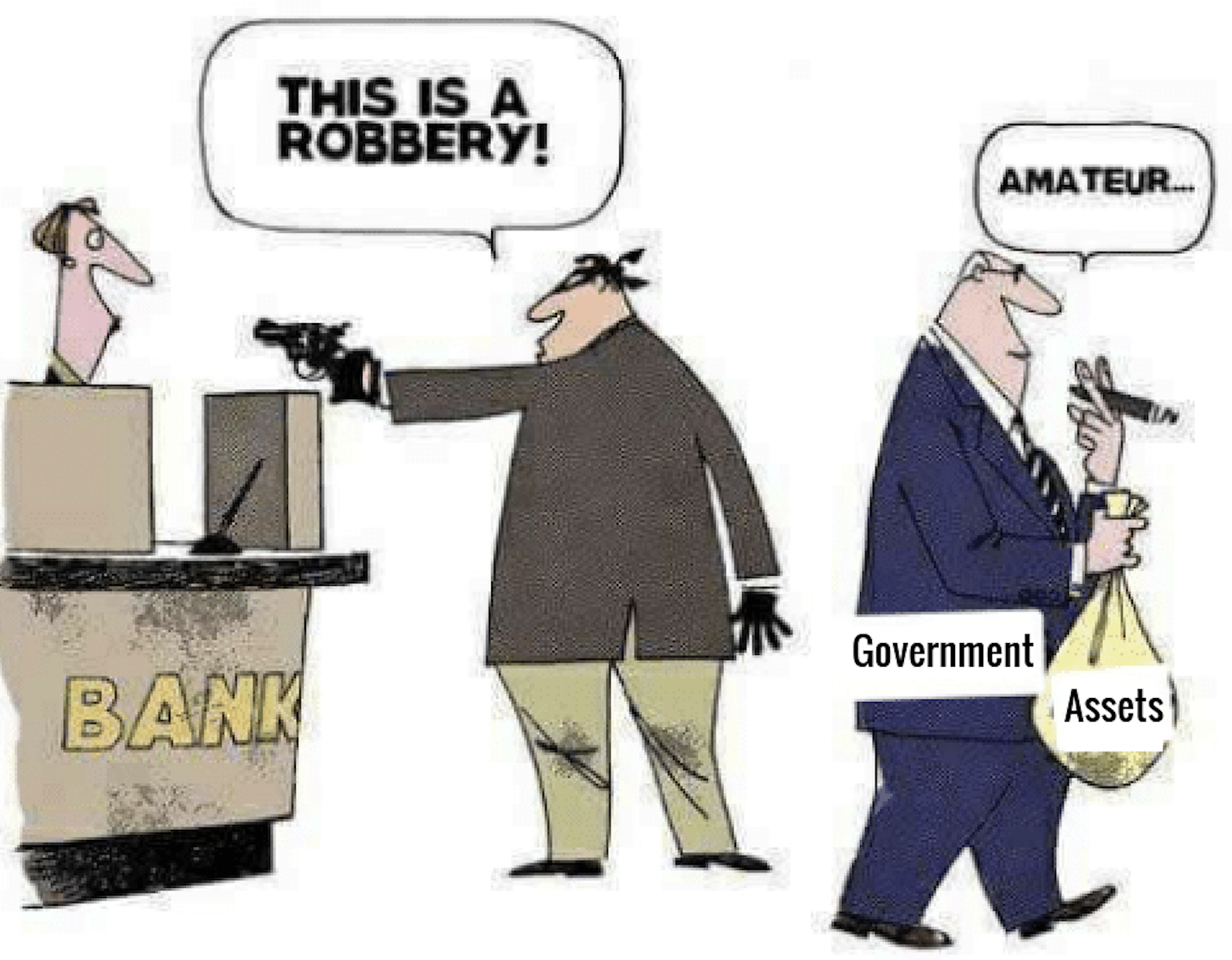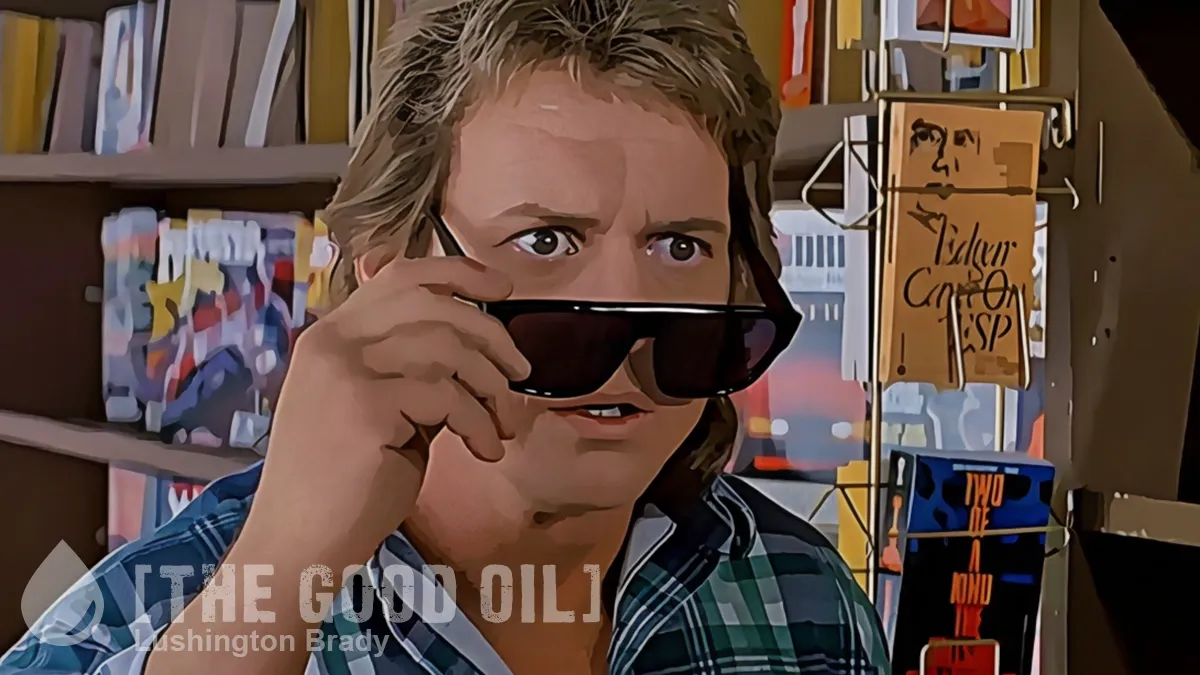Table of Contents
Susan Short
Secretary
Democracy Action
Local Government Minister Hon Nanaia Mahuta has announced further details of the Government’s regulatory and structural reform of water service delivery in New Zealand. The plan is for an unprecedented transfer of billions of dollars of ratepayer-funded assets from local bodies to four entities.

As Muriel Newman explains in ‘Troubled Waters Ahead’:
“Local government would be stripped of major assets and a core role, with communities no longer able to have any say in the delivery and pricing of water services.
This is being done without any offer of compensation and without any consultation with the communities that own the assets – even though the Local Government Act requires councils to consult their communities when considering the disposal of strategic assets”.
Bruce Smith, the Mayor of Westland District Council, explains in his excellent commentary The Three Waters Journey
“While councils would still own the assets through some form of joint ownership of the water authorities, there would be no shareholding. The new entities would then borrow up to $160 billion (more than the Government’s total net debt) to fund their activities using council assets as security”.
According to a Department of Internal Affairs 3 Waters Reform Programme Webinar presentation to IPWEA NZ on 24 March 21, these four entities will not be council-controlled organisations (CCOs), Crown entities, nor community trusts. Instead, they will be fit-for-purpose, bespoke for Aotearoa entities”. (Is this another example of the rollout of He Puapua? The report explains: “He Puapua means ‘a break’, which usually refers to a break in the waves. Here it refers to the breaking of the usual political and societal norms and approaches”). The link to the webinar is HERE.
Mayor Smith again:
“The governance structure has been proposed as 50% councils who have put in 100% of the assets and 50% Iwi, an unusual situation to say the least”.
“The ratepayers of each district on the coast will struggle with the concept of having their assets taken and being billed with large increases from the water regulator. Bills they will have no control over, where at present elections bring about accountability”.
See further comment from Mayor Smith in his also excellent follow-up video of 24 July by clicking HERE
Proposals Fly in the Face of Democracy
Under the Government’s proposal, the board members of each of the four entities will be appointed by a three-tier process:
- Local authorities and mana whenua will each appoint up to six members to a Regional Representative Group (up to 12 members total).
- the Regional Representative Group will appoint and monitor an Independent Selection Panel; and
- that Panel will appoint board members to govern the local three waters entity and monitor the board’s performance.
The Government claims that this model is designed to ensure partnership with mana whenua is maintained at a co-governance and oversight level. There appears to be no recognition from the government that the co-governance of these water authorities would give Maori the right of veto over all decisions relating to the allocation and use of freshwater. Such constitutional changes require a more thorough and transparent reform process than the Government is allowing. As Victoria University’s Dr Bryce Edwards observes,
“Coming on top of the He Puapua report, with its vision of 50-50 co-governance with Maori, this will stoke suspicions that the Three Waters project is as much about power-sharing with iwi as it is about reducing costs and ensuring consistency of water quality and administrative efficiency.”
There is no question that the proposed make-up of the water entities is grossly undemocratic. Take the South Island for example – it is proposed that six elected members of the agency would represent 21 South Island councils with their population of around 1 million, while the other six would represent those who affiliate with Ngai Tahu, which has 68,000 registered members, only half of whom live in their tribal area.
To sweeten the deal, the government is offering an inducement of $2.5bn to buy councils’ compliance – $2 billion for Councils to invest in the future of local government, urban development, and the wellbeing of communities “consistent with the priorities of both central and local government”, and $500m to provide support for local authorities through the transition process. This funding is to come from both the Crown and the new water services entities, with central government providing $1 billion, and the Water Services entities themselves providing the remaining $1.5 billion. (Of course, this will be funded by adding this cost to our water bills). This fund goes nowhere near compensating the local authorities for the loss of their assets. For instance, Westland District council has been promised $11m should they agree to sign up, whereas the value of their drinking water, stormwater and wastewater infrastructure stands at $120m.
It was thought that the councils had up until the end of 2021 to decide whether to opt-out of the Three Waters scheme, but the Minister of Local Government Nanaia Mahuta told the recent Local Government conference they now only have until 30 September to advise the government whether they are in or out of the scheme. This gives nowhere enough time for councils to gain a mandate from their communities before making the decision. Timaru District Mayor Nigel Bowen says that the actual reform process is being run at an alarming rate.
“We’re being asked to make decisions on one of the biggest changes to local government in decades quickly and with incomplete and unclear information at hand”.
The Local Government Act requires councils to consult their communities when considering the disposal of strategic assets, a process which three months takes at the bare minimum – that is after receiving all the necessary information, which councils are pointing out they do not have.
Mayor Smith is just one of the local body leaders who are unconvinced about the Government’s proposed water delivery services, saying that the case for change has not been proven. He has called for public referendums on this issue to be held in all localities throughout the country.
What You Can Do
Talk to your local council – contact your mayor and councillors to let them know what you think. Chances are many of them are not happy with the proposals either, and just need to know that they have the backing of their community.
You can find councillor contact details HERE.
Below is our suggested wording, please feel free to edit to suit.
Dear
I am writing to you about the Government’s Three Waters Reform Programme. According to the Department of Internal Affairs report, ‘Central/Local Government Three Waters Reform Programme’, councils and their communities are to make decisions on remaining in or opting out of the reform programme. I am not convinced the proposed reform of the water service delivery programme is in our best interests. I wish to voice my concerns to you about aspects of this programme, such as the following:
- Under these reforms, water services would no longer be under the control of the council but would instead be operated by just four multi-regional entities. I oppose what amounts to this nationalisation of our three waters assets, assets that belong to the ratepayers of this area.
- I am concerned that the proposed governance structure of these entities lacks accountability, and therefore responsiveness to the citizens, who would have virtually no influence over the water supply. I believe a strong local voice is needed to make the best decisions for our community.
- As there will only be six seats allocated to local authorities on the water service delivery Regional Representative Group, many councils will miss out on representation.
- I have grave concerns about the high level of authority afforded iwi/ Maori over the establishment of water service entities and delivery of water services. Rather than sharing governance with vested interests who are unaccountable to the wider community, I want the decision-makers who exercise control over the allocation and delivery of water services to remain accountable to our democratically elected councils.
- While there is specific mention of mechanisms to recognise the interests of iwi/Maori, with “more direct mechanisms for iwi/Maori to influence outcomes with clearer accountabilities,” there is no specific mechanism to incorporate and maintain the voice of communities in the new system design.
- There are too many unanswered questions around the costs associated with this reform programme. The Government has not provided enough information to substantiate its claims. Instead, it is making big assumptions about the efficiency gains.
- The new body would be more susceptible to privatisation, as has occurred in the United Kingdom.
- Ratepayers are the owners and funders of these assets, and as such we must have the ability to have our say. However, the timeline precludes genuine consultation with communities before the decision is made.
I do not accept that the Minister of Local Government has presented a convincing case for the need for the proposed water delivery service reforms. As such, I do not believe the water delivery service proposals should be approved, but rather they should be abandoned. Therefore, I am urging you to vote to opt-out of the reform programme proposed by the Government.
Thank you.
Please share so others can discover The BFD.









